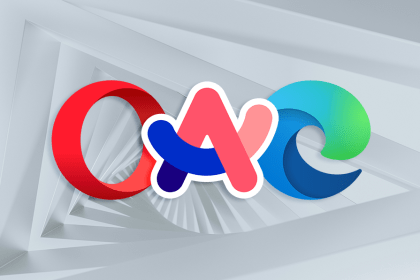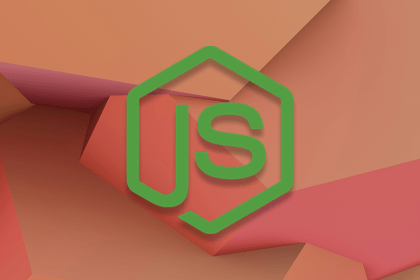
Use the Tempo library to format dates and times in JavaScript while accounting for time zones, daylight saying time, and date internationalization.

By prioritizing brand equity as a key driver of success, you can build enduring relationships with your customers.

Are we experiencing a new age of browsers? Let’s break down the UX design of the most popular browsers and upcoming stars.

Priyankka Mani talks about how emotional intelligence ties closely to outcomes and how empathy and curiosity are key to enhancing learning.

This guide explores how to use the cron package in Deno, `Deno.cron`, to handle scheduling tasks with specific commands.

By ensuring you have a customer success strategy in place, your product is well on its way to being a hit.

Learn how touse the util.promisify() utility module in Node.js to transform a standard function that receives a callback into one that returns a promise.

Service design can help our organizations innovate customer experience and build brand loyalty — and it’s great for small businesses.

Shane Eleniak discusses seeing value from the lens of subscribers, the service provider, and across the different personas in the platform.

Mutative processes data with better performance than both Immer and native reducers. Let’s compare these data handling options in React.

Successful product managers are strategic thinkers, customer-focused innovators, adaptive problem solvers, and inspirational motivators.

A pivot helps organizations (established or start-ups) to seek better growth opportunities and respond swiftly to market feedback.